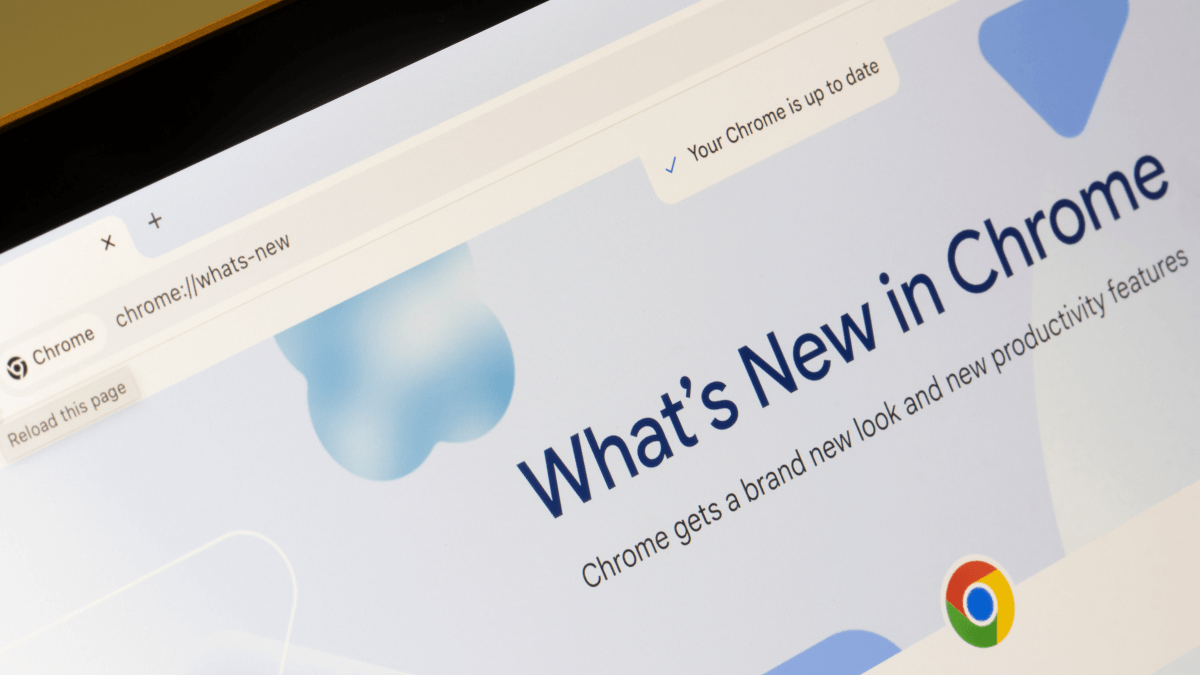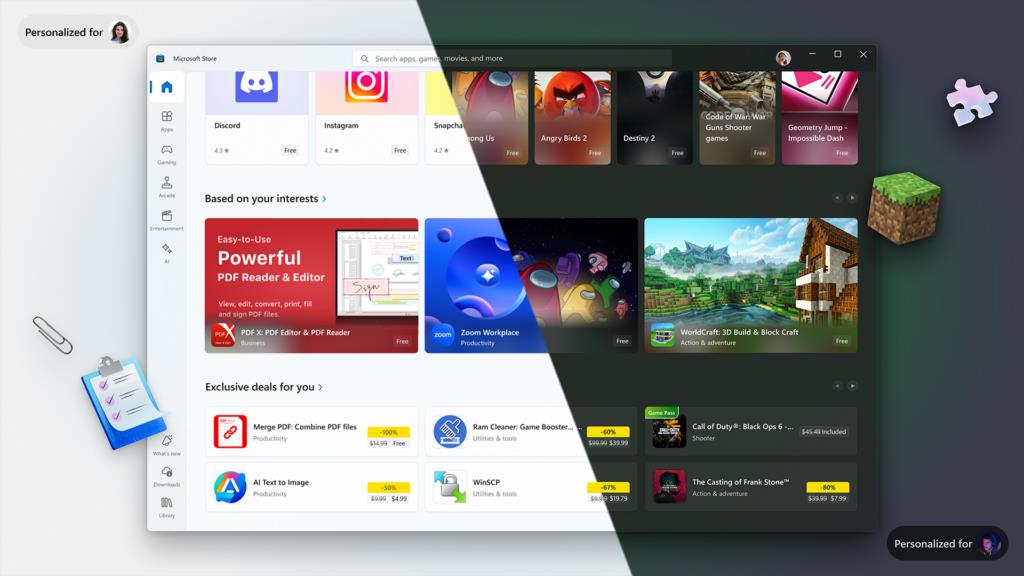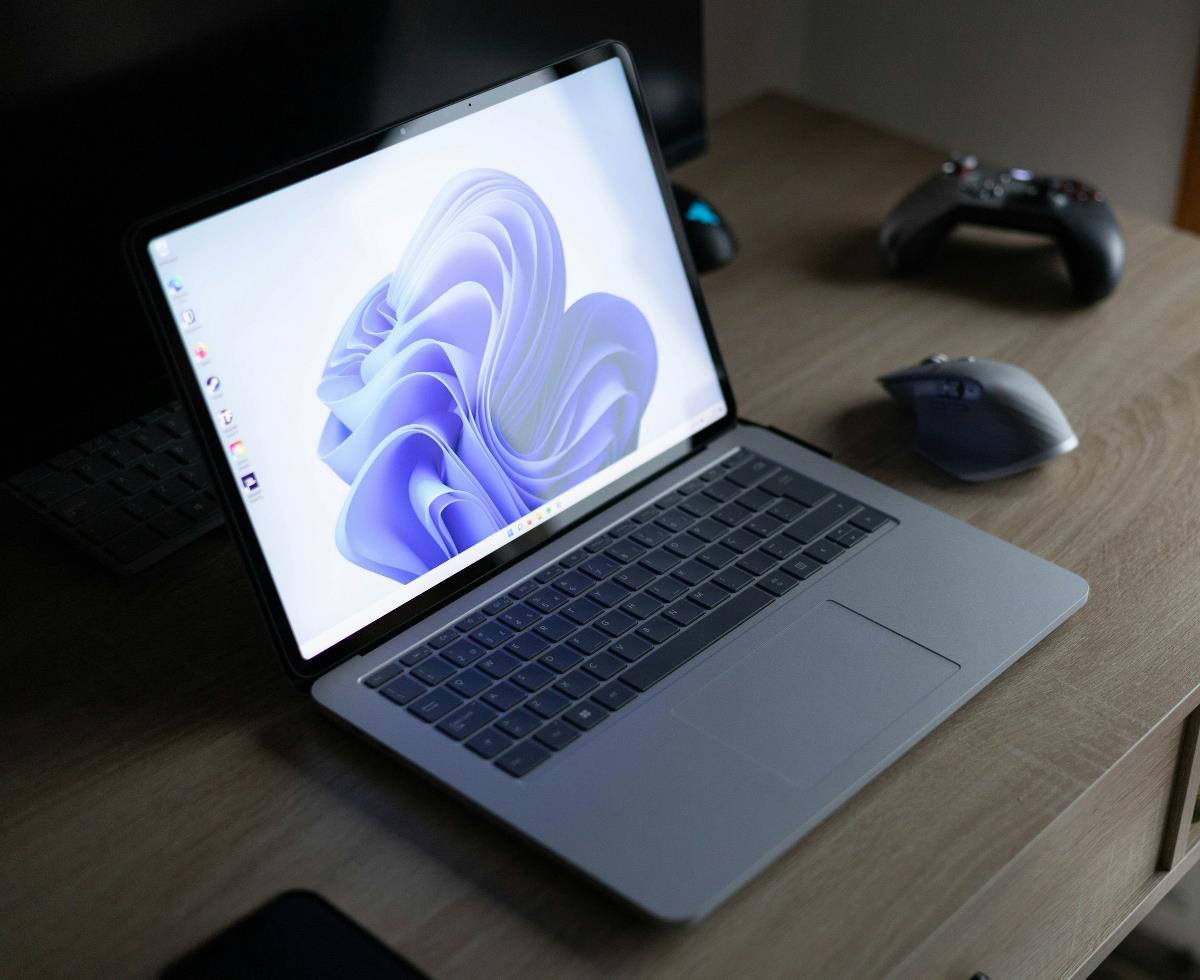Why Clean Code Matters for Developers
As developers, we often focus on getting code to work, but writing clean code is just as crucial. Clean code is readable, maintainable, and easier to debug, saving time and headaches for you and your team. Here are a few tips to level up your code quality: Use Meaningful Names: Variable names like x or temp are cryptic. Instead, use descriptive names like userProfile or requestTimeout to make your code self-documenting. Keep Functions Small: A function should do one thing and do it well. If your function is sprawling across dozens of lines, break it into smaller, focused functions. Comment Wisely: Avoid redundant comments like // increments i. Instead, explain why the code exists, e.g., // Ensures thread safety during parallel requests. Follow Consistent Formatting: Use tools like Prettier or ESLint to enforce consistent style. It’s not just aesthetics—it reduces cognitive load when others read your code. Refactor Regularly: Don’t let technical debt pile up. Refactor as you go to keep your codebase healthy and adaptable. Writing clean code isn’t just about today’s sprint—it’s about building software that’s easier to extend and maintain in the long run. What’s your go-to tip for keeping code clean? Share below!
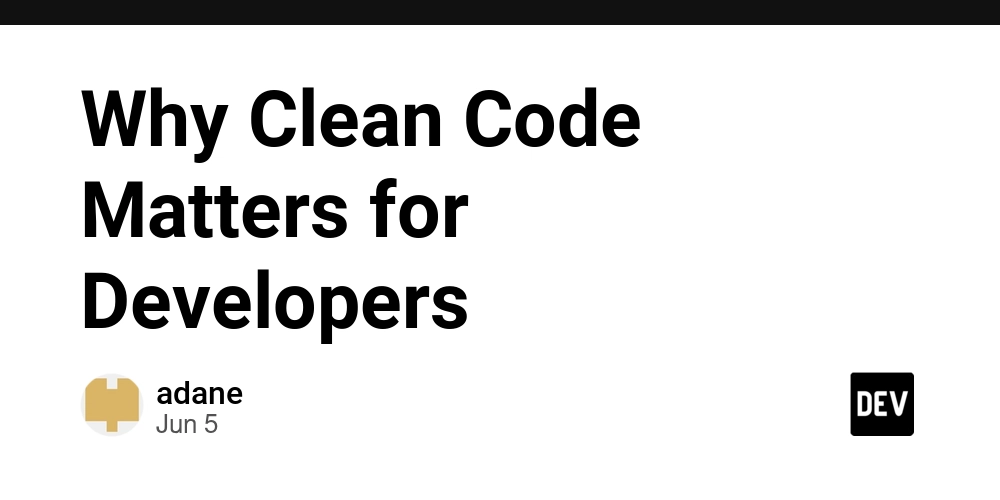
As developers, we often focus on getting code to work, but writing clean code is just as crucial. Clean code is readable, maintainable, and easier to debug, saving time and headaches for you and your team. Here are a few tips to level up your code quality:
- Use Meaningful Names: Variable names like x or temp are cryptic. Instead, use descriptive names like userProfile or requestTimeout to make your code self-documenting.
- Keep Functions Small: A function should do one thing and do it well. If your function is sprawling across dozens of lines, break it into smaller, focused functions.
- Comment Wisely: Avoid redundant comments like // increments i. Instead, explain why the code exists, e.g., // Ensures thread safety during parallel requests.
- Follow Consistent Formatting: Use tools like Prettier or ESLint to enforce consistent style. It’s not just aesthetics—it reduces cognitive load when others read your code.
- Refactor Regularly: Don’t let technical debt pile up. Refactor as you go to keep your codebase healthy and adaptable.
- Writing clean code isn’t just about today’s sprint—it’s about building software that’s easier to extend and maintain in the long run. What’s your go-to tip for keeping code clean? Share below!






















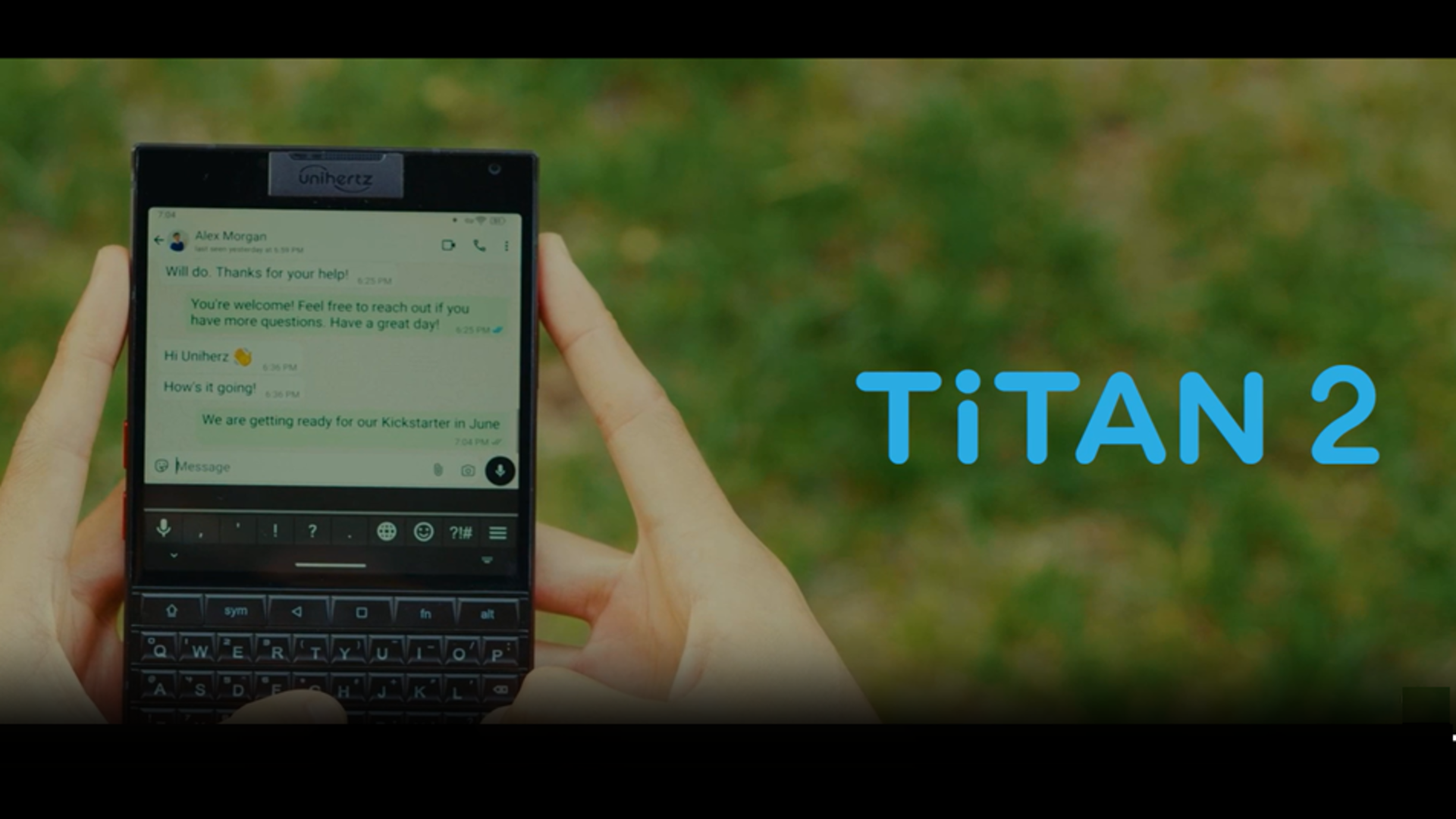






































_.png)





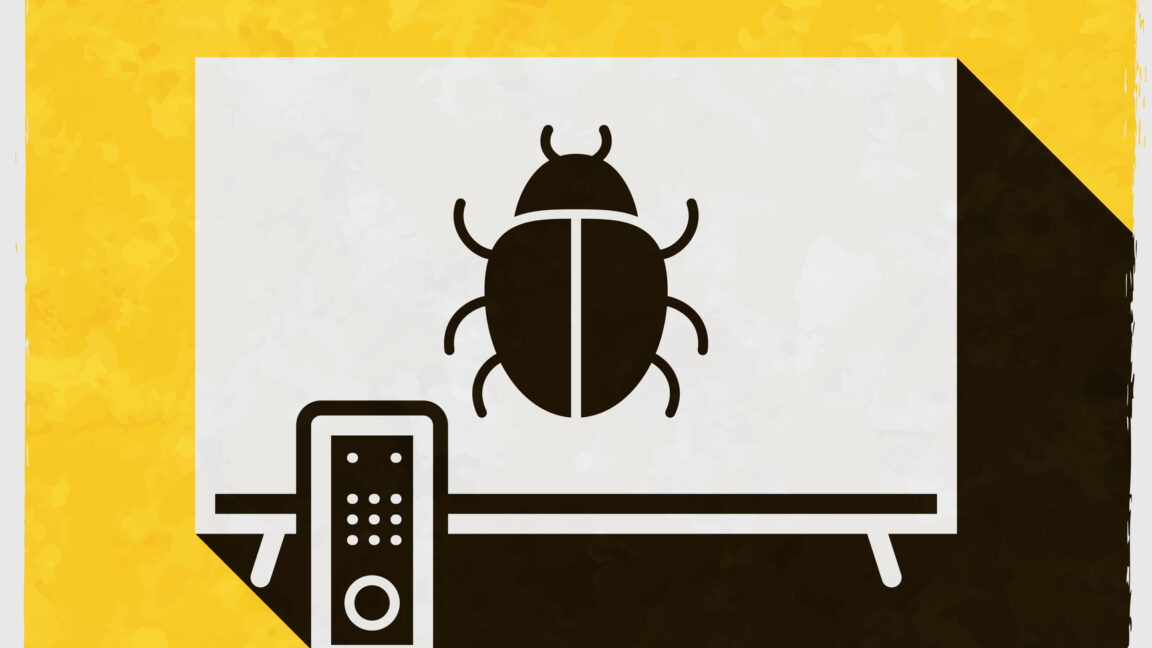










































































































![[The AI Show Episode 151]: Anthropic CEO: AI Will Destroy 50% of Entry-Level Jobs, Veo 3’s Scary Lifelike Videos, Meta Aims to Fully Automate Ads & Perplexity’s Burning Cash](https://www.marketingaiinstitute.com/hubfs/ep%20151%20cover.png)











































































































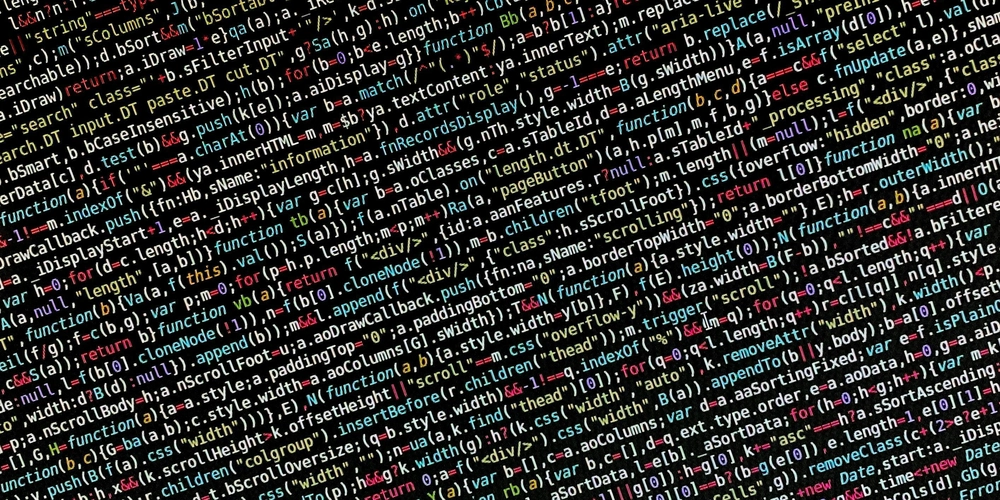
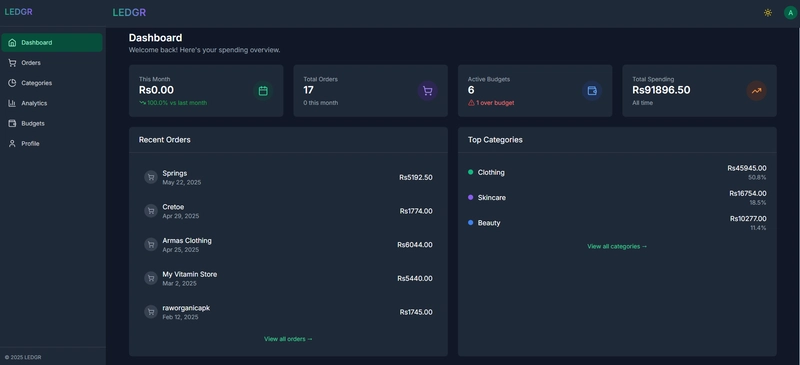











![[FREE EBOOKS] Solutions Architect’s Handbook, Continuous Testing, Quality, Security, and Feedback & Four More Best Selling Titles](https://www.javacodegeeks.com/wp-content/uploads/2012/12/jcg-logo.jpg)





![From electrical engineering student to CTO with Hitesh Choudhary [Podcast #175]](https://cdn.hashnode.com/res/hashnode/image/upload/v1749158756824/3996a2ad-53e5-4a8f-ab97-2c77a6f66ba3.png?#)






































































































































_Michael_Vi_Alamy.jpg?width=1280&auto=webp&quality=80&disable=upscale#)





































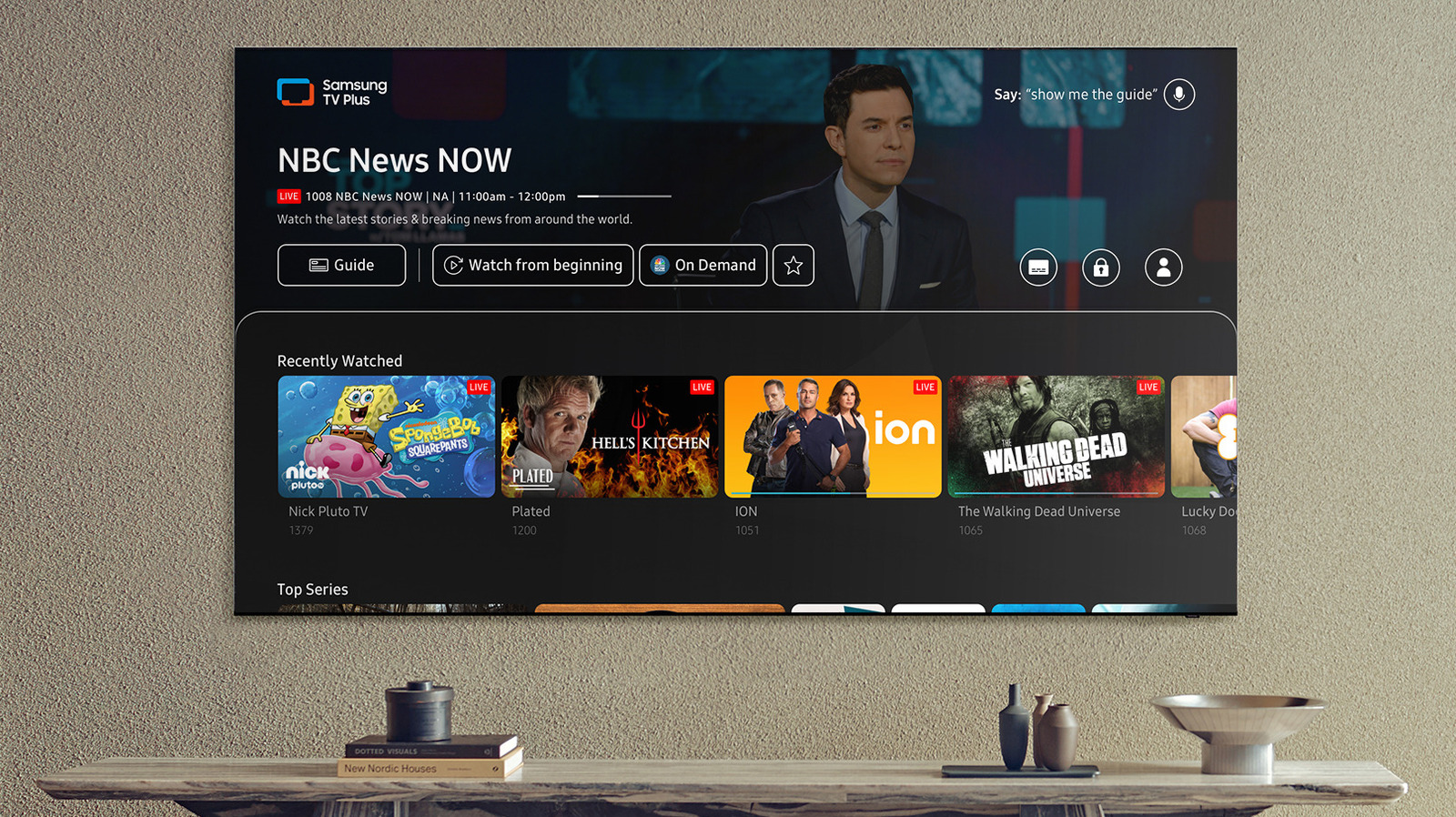








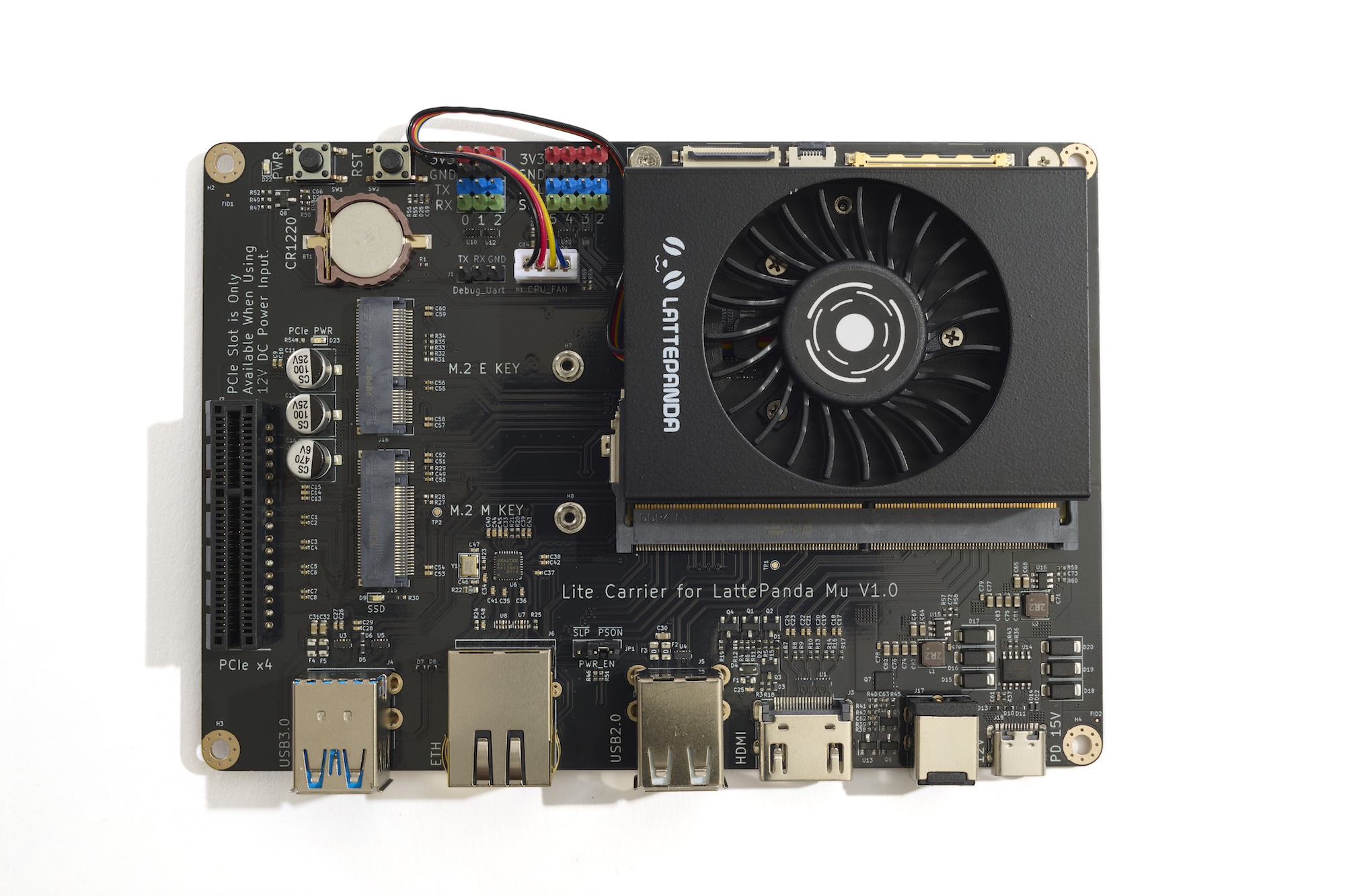





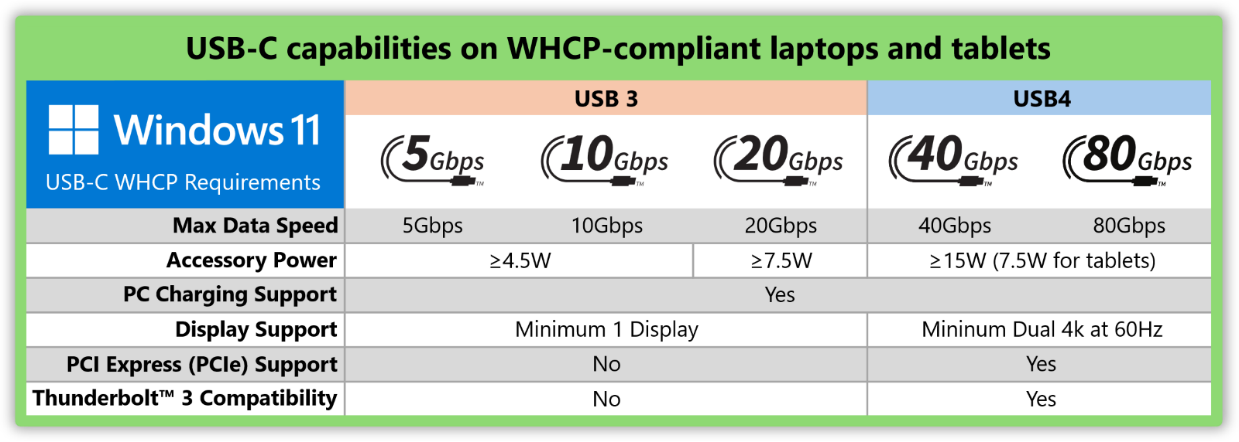
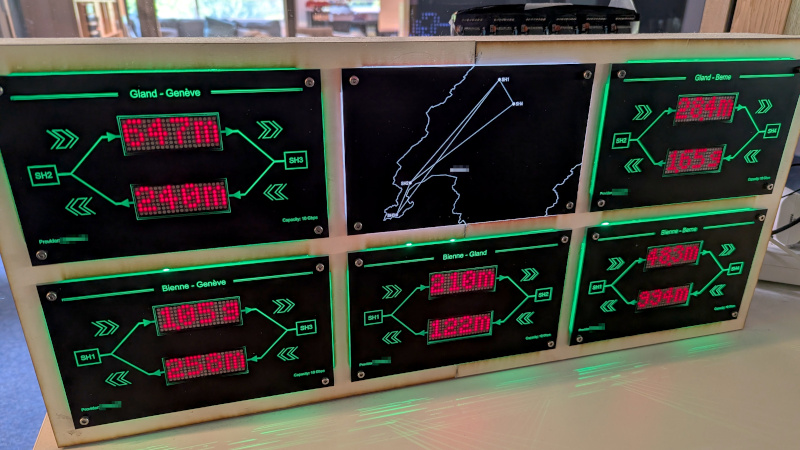



















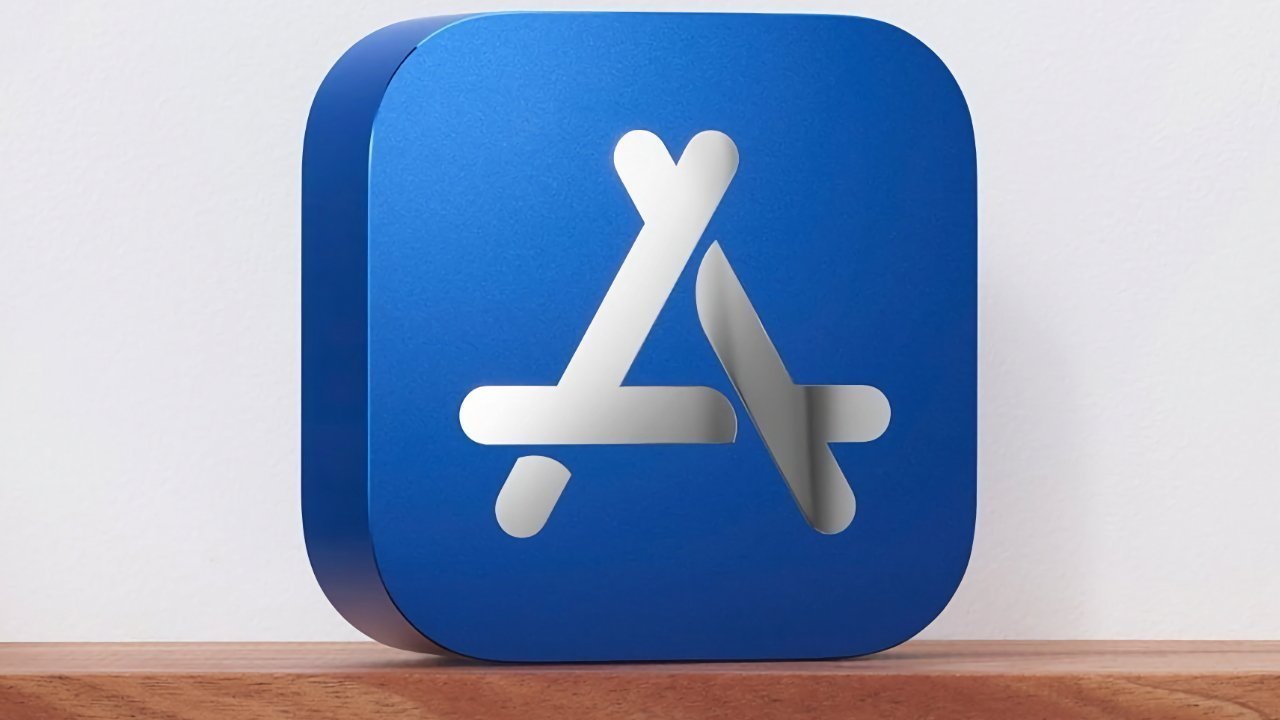
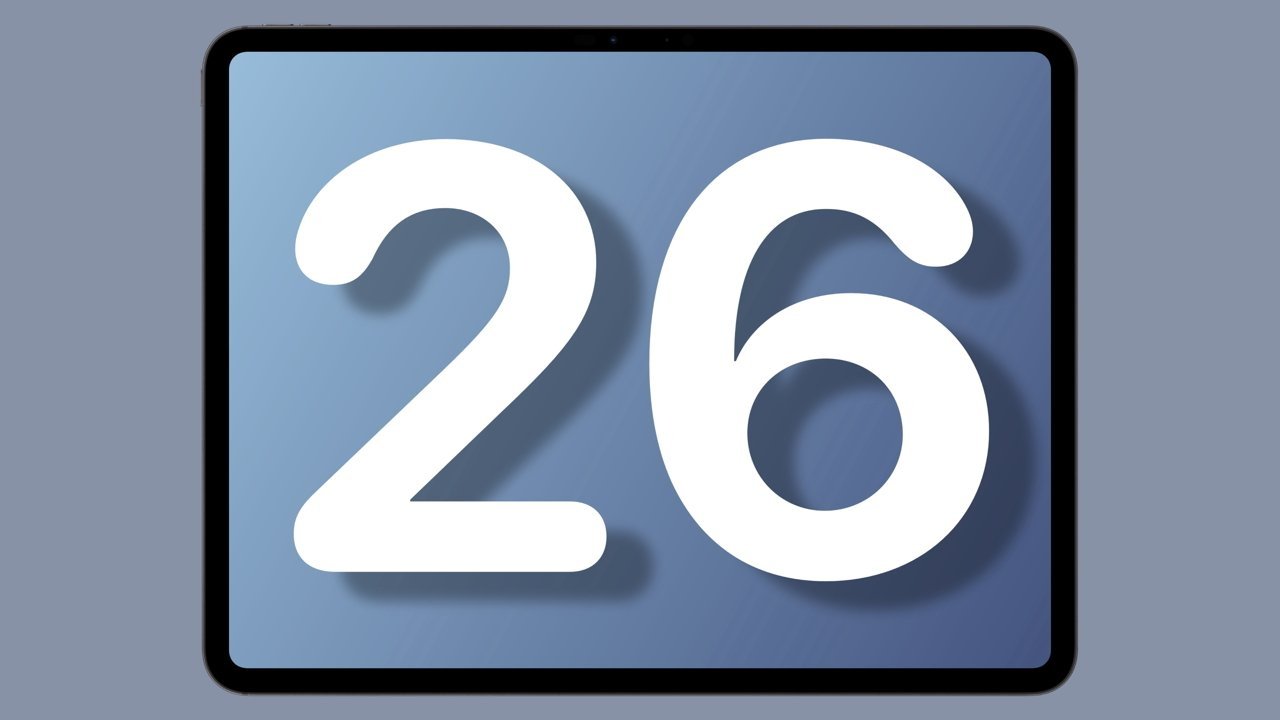
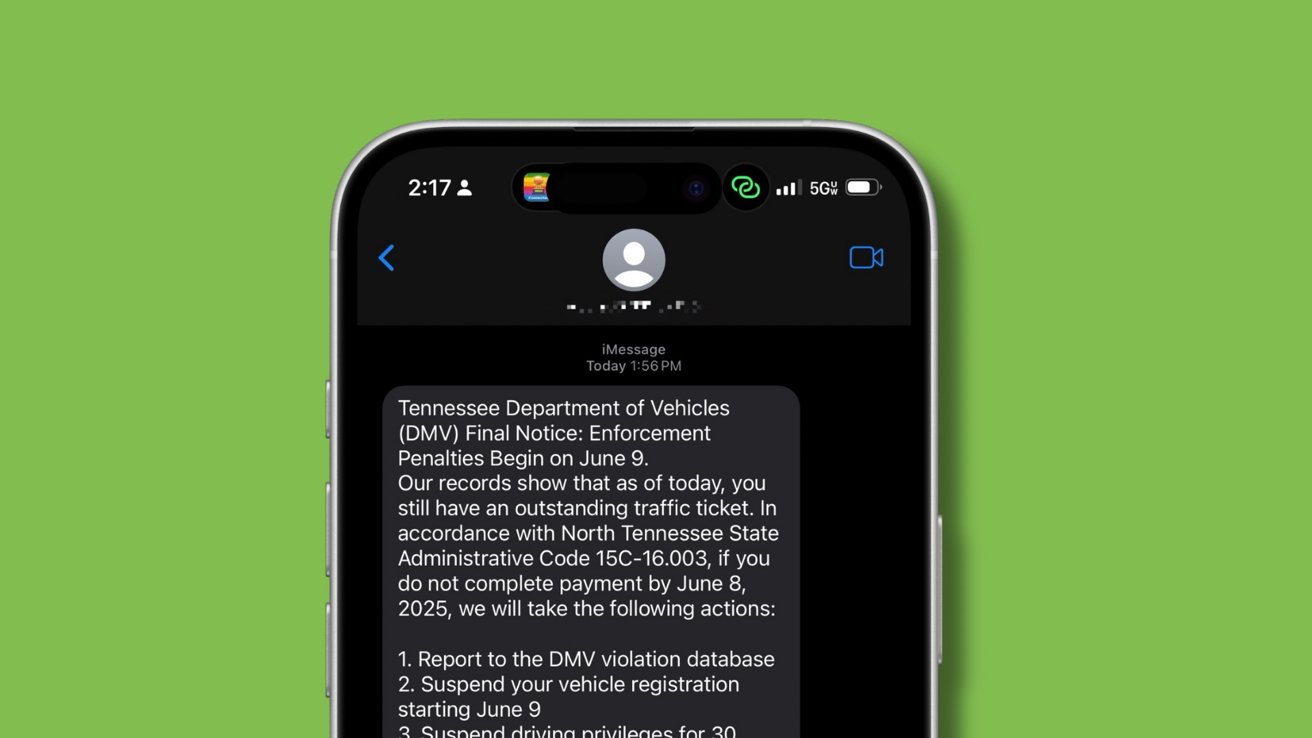
























![watchOS 26 May Bring Third-Party Widgets to Control Center [Report]](https://www.iclarified.com/images/news/97520/97520/97520-640.jpg)

![AirPods Pro 2 On Sale for $169 — Save $80! [Deal]](https://www.iclarified.com/images/news/97526/97526/97526-640.jpg)


